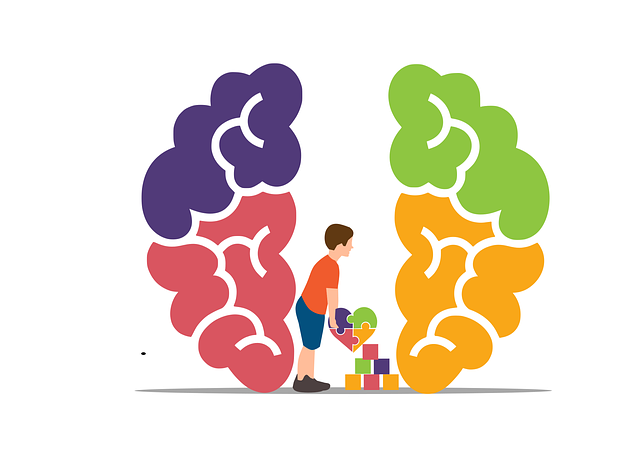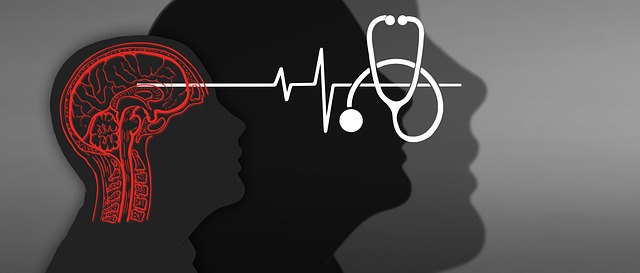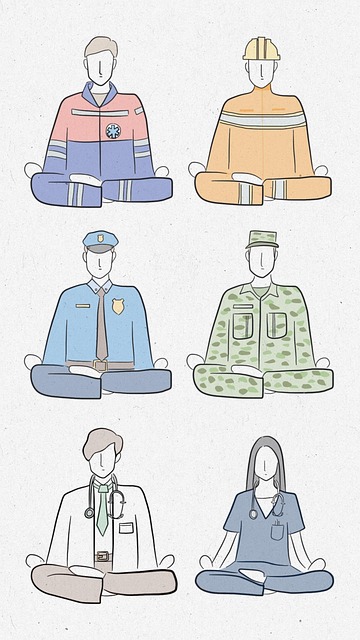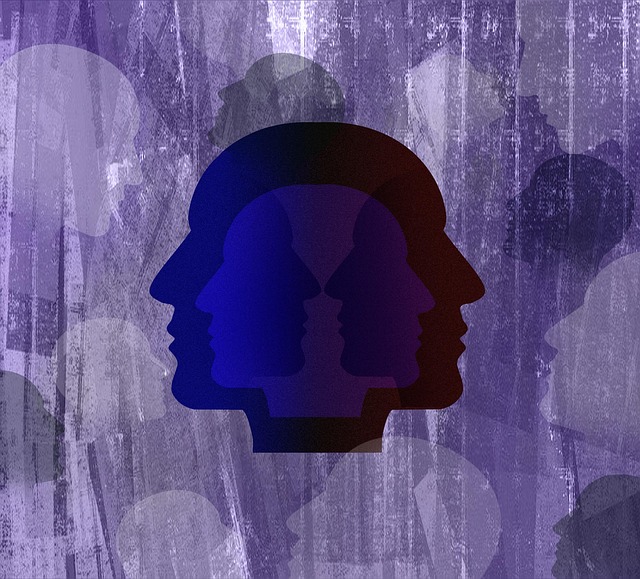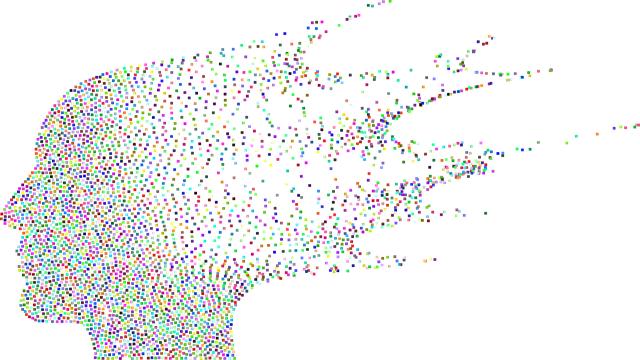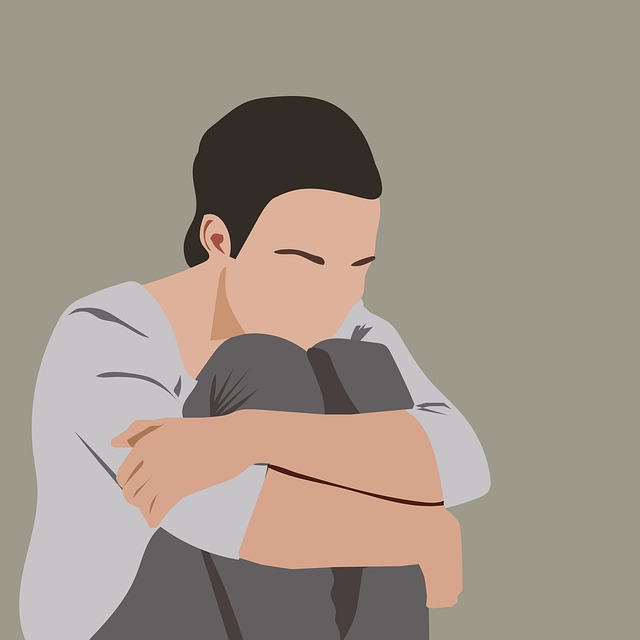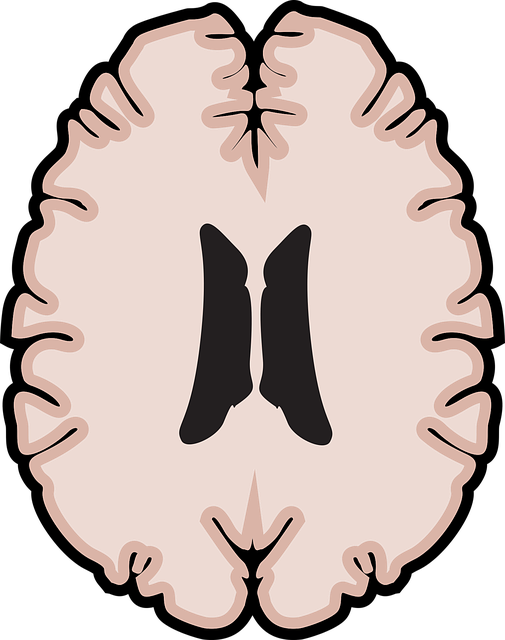Mental wellness involves emotional, psychological, and social well-being, with self-care as a key component for managing stress, anxiety, and PTSD. Personalized self-care routines, including practices like mindfulness, exercise, therapy, and journaling, contribute to overall mental health. Access to specialized Littleton PTSD therapy techniques, such as cognitive processing therapy or EMDR, integrated into these routines can significantly enhance healing and resilience. Public awareness campaigns further reduce stigma and encourage open conversations about mental wellness.
“Mental wellness is a cornerstone of overall health, and establishing a self-care routine can be transformative. This article guides you on a journey to enhance your mental well-being through personalized self-care practices. We’ll explore the fundamentals of mental wellness and its connection to daily routines. By identifying individual needs, we’ll help you craft a tailored regimen.
Additionally, we delve into the effectiveness of Littleton Post-Traumatic Stress Disorder (PTSD) therapy techniques as a valuable tool for self-care, offering practical insights for managing mental health.”
- Understanding Mental Wellness and Self-Care
- Identifying Personal Needs for a Routine
- Crafting a Customized Self-Care Routine
- Incorporating Littleton Post-Traumatic Stress Disorder (PTSD) Therapy Techniques
Understanding Mental Wellness and Self-Care

Mental wellness is a holistic state that encompasses our emotional, psychological, and social well-being. It’s about recognizing and prioritizing our inner needs and fostering a sense of balance and contentment. Self-care plays a pivotal role in maintaining this equilibrium, offering essential tools for managing stress, anxiety, and even conditions like Post-Traumatic Stress Disorder (PTSD). In the context of Littleton PTSD therapy, self-care becomes an integral part of the healing process. It empowers individuals to develop coping skills, enhance their resilience, and cultivate a deeper sense of self-compassion.
Understanding mental wellness involves acknowledging that it’s not merely the absence of illness but a proactive approach to nurturing our minds. Self-care practices such as mindfulness, exercise, therapy, and connecting with others contribute to this journey. Public awareness campaigns focused on mental health can play a significant role in promoting empathy building strategies, encouraging open conversations, and reducing the stigma surrounding mental wellness issues. By prioritizing self-care, individuals can better navigate life’s challenges, leading to improved overall well-being.
Identifying Personal Needs for a Routine

Creating a mental wellness self-care routine starts with identifying your unique personal needs. This process involves introspection and acknowledging the specific challenges you face, whether it’s managing stress, anxiety, or even post-traumatic stress disorder (Littleton Post-Traumatic Stress Disorder Therapy). Understanding these needs is crucial for tailoring a routine that effectively supports your mental health journey.
Risk management planning for mental health professionals plays a significant role in this process. By regularly assessing and addressing your emotional well-being, you can develop coping skills (Coping Skills Development) that strengthen your resilience. A great way to begin is through journaling—a powerful mental wellness journaling exercise guidance that allows you to track your emotions, set intentions, and reflect on personal growth.
Crafting a Customized Self-Care Routine

Developing a self-care routine is a powerful tool for managing mental wellness, especially when tailored to individual needs. It’s about creating a set of practices and activities that nurture your mind, body, and soul, ensuring you feel balanced and centered. When crafting this personalized routine, it’s essential to consider the unique challenges and triggers one might face, such as Post-Traumatic Stress Disorder (PTSD), which can significantly impact daily life.
In Littleton, for instance, where access to specialized therapy services is vital, individuals dealing with PTSD can benefit from a customized self-care plan. This might include activities like mindfulness meditation, deep breathing exercises, and physical movement tailored to their comfort level. Additionally, incorporating therapy sessions, either individually or through community outreach program implementations, can provide much-needed support and anxiety relief. Public awareness campaigns development can also play a role in encouraging others to take charge of their mental health, fostering a culture of open dialogue and care.
Incorporating Littleton Post-Traumatic Stress Disorder (PTSD) Therapy Techniques

Incorporating Littleton Post-Traumatic Stress Disorder (PTSD) therapy techniques into your self-care routine can significantly enhance mental wellness, especially for those who have experienced trauma. PTSD is a complex condition that requires specialized approaches to manage symptoms effectively. Therapy techniques from Littleton, known for its advanced trauma support services, offer valuable tools for stress reduction and crisis intervention guidance.
These evidence-based methods are designed to help individuals process traumatic memories, regulate emotions, and develop healthier coping strategies. By integrating such practices as cognitive processing therapy or eye movement desensitization and reprocessing (EMDR), individuals can embark on a journey of healing and personal growth. This proactive approach ensures that stress doesn’t accumulate, fostering a more resilient and balanced mental state.
Developing a personalized mental wellness self-care routine, tailored with techniques like Littleton Post-Traumatic Stress Disorder (PTSD) therapy, is a powerful tool for managing and enhancing overall well-being. By identifying individual needs and incorporating targeted strategies, one can navigate stress, anxiety, and trauma more effectively. This holistic approach to self-care not only promotes resilience but also enables individuals to live fulfilling lives, fostering both mental clarity and emotional balance.


